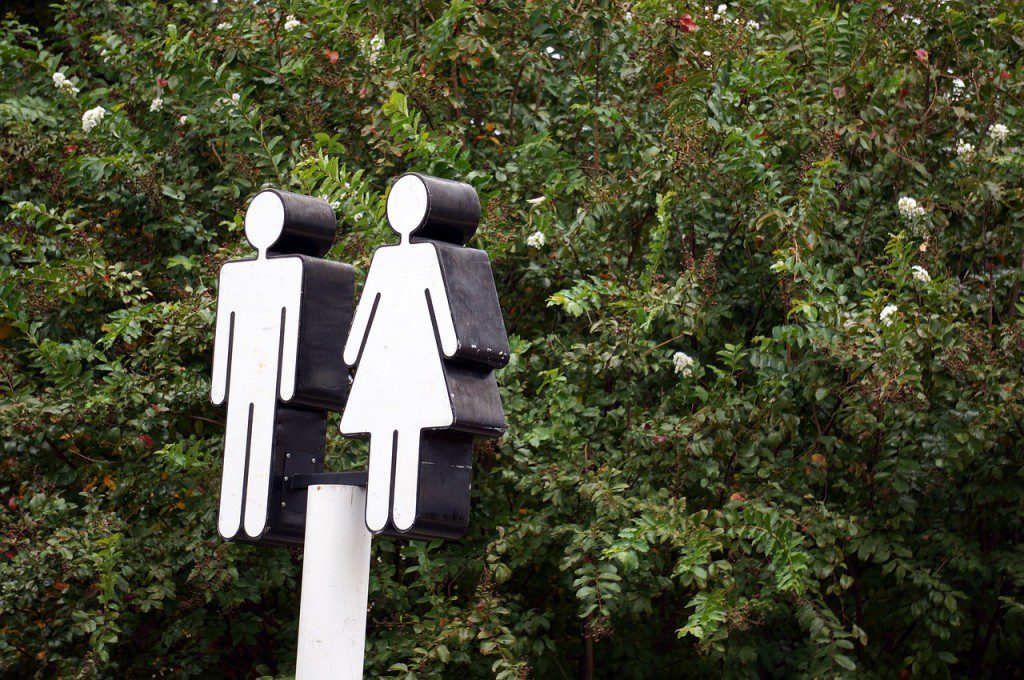
Still, even though we’re no longer referring to “lady doctors” or to “poetesses” and “authoresses,” says the BBC:
Neanderthalic behaviour such as calling a woman “honey” or “baby” is as out of fashion as cave paintings. Particularly in the workplace, certain kinds of sexist language are simply no longer accepted.
But there’s mounting evidence, anecdotal and scientific, that gender-propelled language and attitudes are still common in many places of employment. Gendered words are thrown around constantly. In performance reviews, women tend to receive feedback that’s vague (“you had a great year” for example) or sexist, such as a disproportionate amount of comments on communication style, while men get clearer feedback about specific skills related to actual job performance. The disparity in how men and women are addressed can be even worse in emails. Even phrases as seemingly harmless as “two guys in a garage” can carry a gendered point of view, sending subliminal messages about who belongs somewhere. [Read more]
Actually, “honey” is alive and well in the American South (someone should tell the BBC.) But the deeper problem, the article notes, is that communal and nurturing language tends to be used about women, and go-getter, aggressive language about men. Check it out.













